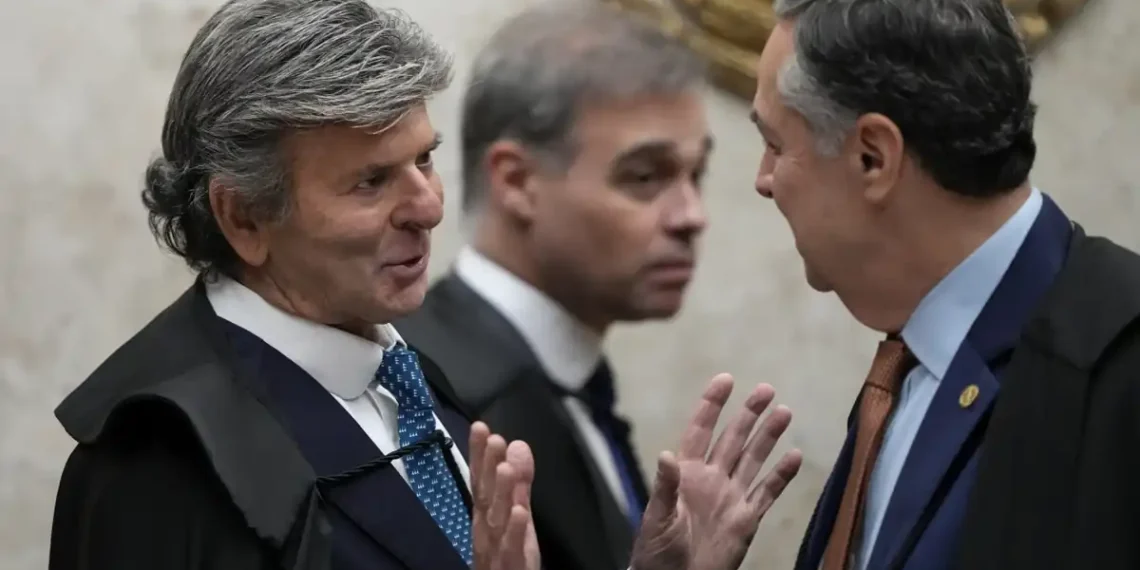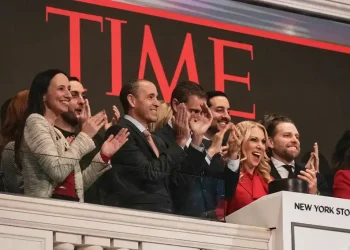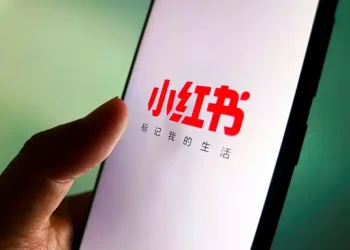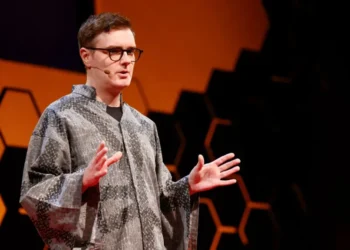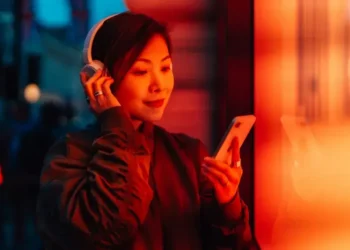Brazil’s Supreme Court Moves to Hold Social Media Companies Accountable for User Content
In a groundbreaking shift that could reshape how social media operates in Latin America, Brazil’s Supreme Court is poised to make tech platforms like Meta, X (formerly Twitter), and Microsoft legally responsible for what users post on their platforms.
The ruling, which is still in progress, already has support from a majority of the court’s 11 justices — enough to effectively pass. Once finalized and published, it will mark a significant departure from the current legal framework and bring Brazil’s tech regulation closer to that of the European Union.
Why This Matters
The move comes amid growing concerns over illegal and harmful content circulating online — from child exploitation and violent content to the spread of misinformation and political extremism. Justice Gilmar Mendes cast the sixth and deciding vote on Wednesday, opening the door for users and victims to sue social media platforms and demand compensation for harmful content posted by others.
Supporters of the measure argue that platforms must take greater responsibility for moderating what’s shared. But critics warn the ruling could severely chill free speech and disproportionately impact smaller companies that don’t have the legal resources to comply.
A Divided Court — and a Divisive Issue
Justice Flávio Dino, who initiated Wednesday’s votes, cited disturbing examples of how violent content spreads unchecked online — including posts celebrating school shootings. “Social media hasn’t brought out the best in humanity,” Dino remarked grimly.
On the other side, Justice André Mendonça — the lone dissenter so far — warned that holding platforms directly accountable could suppress critical voices. “Freedom of expression on social media is essential for holding powerful institutions to account — including governments, political elites, and the platforms themselves,” Mendonça wrote in his opinion.
Legal Context and Political Tensions
Under Brazil’s current law, platforms are only liable for content if they fail to remove it after receiving a court order. This new ruling would change that, placing the burden on companies to act before a judge intervenes.
This legal pivot comes at a tense moment in Brazil–U.S. relations. American officials — including Secretary of State Marco Rubio — have floated possible visa restrictions for foreign authorities accused of censoring U.S. citizens. One of the figures reportedly under scrutiny is Brazilian Supreme Court Justice Alexandre de Moraes, known for pressuring platforms to follow Brazil’s digital regulations.
Fallout and Unanswered Questions
Even if this ruling becomes law, Brazil’s Congress could still pass legislation to override it. Meanwhile, the court has yet to outline exactly how the new standard of liability will be implemented.
Alvaro Palma de Jorge, a legal scholar at the Getulio Vargas Foundation in Rio, said platforms must be proactive: “They can’t just wait for a court order anymore. They need to adopt safeguards to prevent harm before it happens.”
But not everyone is on board.
The Brazilian Chamber of Digital Economy, which represents tech companies and startups, warned that this decision could stifle competition. “Big companies can absorb the legal costs. Small, national platforms can’t,” the organization said in a statement, adding that the move may “raise barriers to innovation and limit user freedom.”
A Step Toward EU-Style Regulation?
Brazil’s approach now closely mirrors the European Union’s efforts to rein in the influence of big tech through strict digital accountability laws. Whether this model can work in Brazil — a country with a large, polarized online population and intense political debate — remains to be seen.
For now, though, the message is clear: Brazil is no longer willing to let social media platforms take a hands-off approach to harmful content.
This article was rewritten by JournosNews.com based on verified reporting from trusted sources. The content has been independently reviewed, fact-checked, and edited for accuracy, neutrality, tone, and global readability in accordance with Google News and AdSense standards.
All opinions, quotes, or statements from contributors, experts, or sourced organizations do not necessarily reflect the views of JournosNews.com. JournosNews.com maintains full editorial independence from any external funders, sponsors, or organizations.
Stay informed with JournosNews.com — your trusted source for verified global reporting and in-depth analysis. Follow us on Google News, BlueSky, and X for real-time updates.
